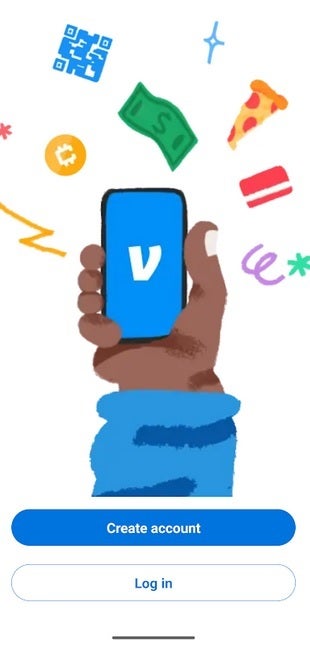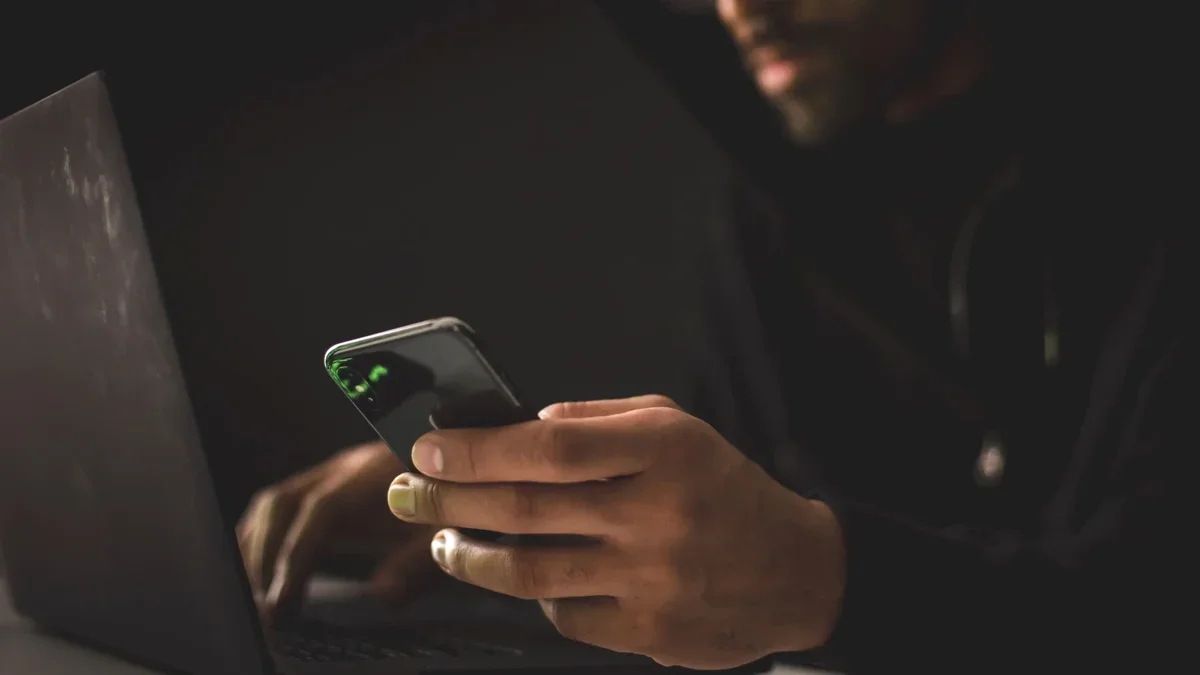According to data compiled by the Federal Trade Commission (FTC), imposter scams cost Americans over $2 billion last year. Senator Elizabeth Warren (D-MA) says that in 2021, Zelle users lost $440 million from scams. Nevada Credit Union’s Dietrich gives an example of a scam that a Zelle or Venmo subscriber might face. “A [scammer] is promoting a piece of merchandise or a concert ticket on the internet. The person sees the ticket, it’s a good price and they send the payment via person-to-person payments and then they never see the ticket, it never gets delivered.”

The Venmo app is being used by fraudsters and scammers
What makes some scams so difficult to detect is that some of the scammers behind them will pretend to be from your bank or credit union and trick you into sending money via Zelle or Venmo. Dietrich says, “It’s very important for consumers to know and trust who they are sending the money to. Ask them if there is some alternate contact method that they can reach out to them with. Do not rush into anything. We give that advice with any financial decision. Don’t rush into buying a car, and don’t rush into making an online purchase. Take some time to verify it is legitimate before you do so.”
Most victims might not know this, but there is a difference between fraud and a scam. Fraud involves stolen information such as bank accounts and credit card numbers. Scams trick victims into giving up their personal information through the use of phishing emails, fake social media accounts, and offers that are too good to be true.
As the Nevada Credit Union executive says, “In the case of a scam, it is impossible to recover the money. Once you click ‘buy now’ and send that money off, it’s the same as paying cash. In the case of fraud, a person is welcome to file a dispute, and, in most cases, the funds can be recovered. Every new way to access your account or conduct a transaction is one more opportunity for a thief to try and use that same mechanism for bad instead of good.”
Perhaps one the best advice we can give you is not to allow people you don’t know to borrow your phone.
